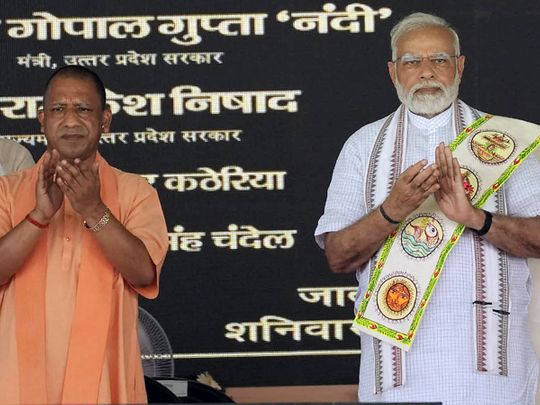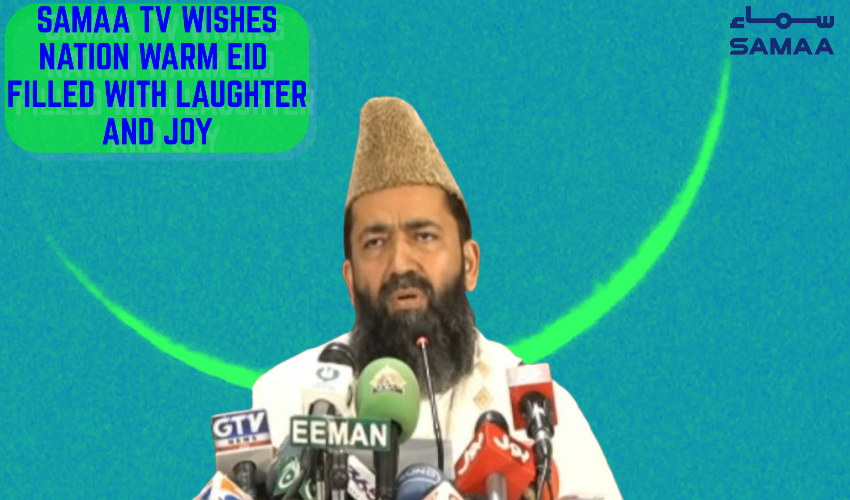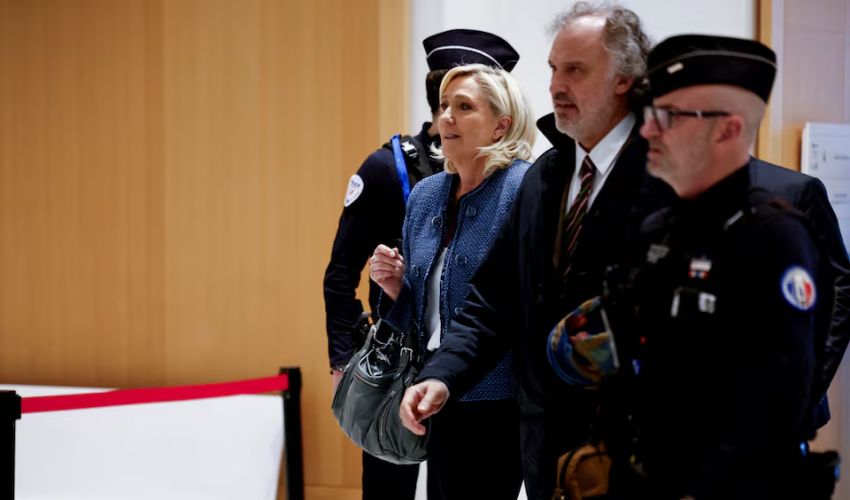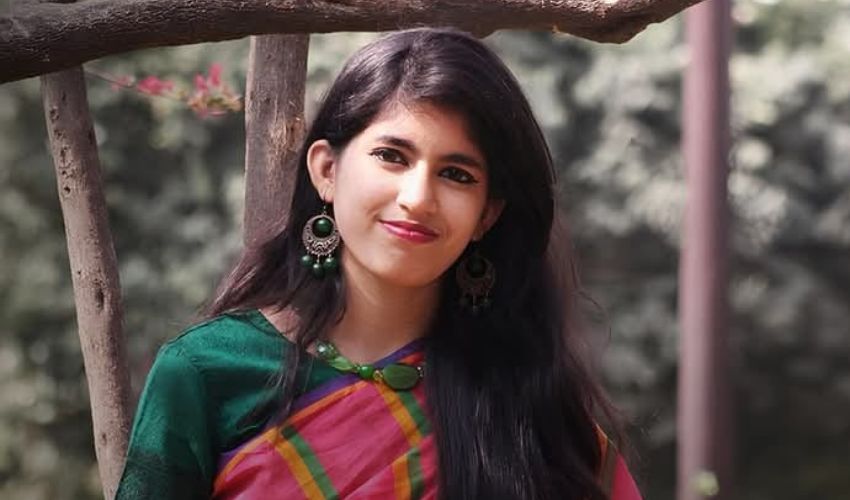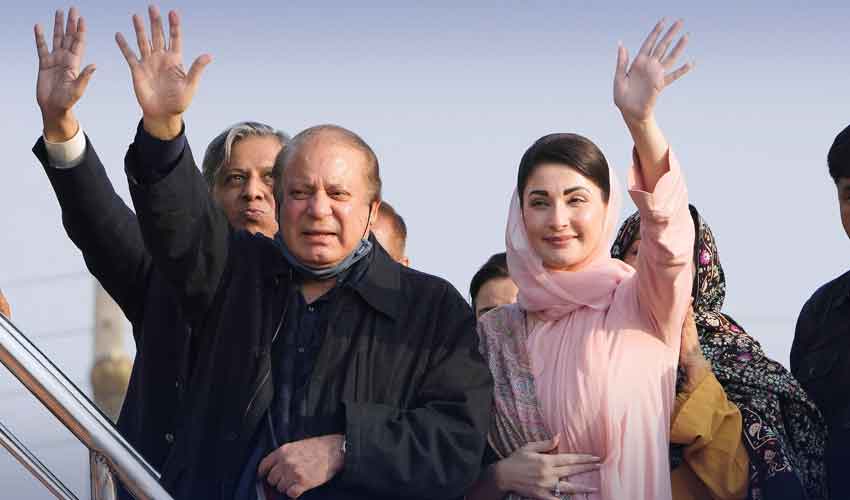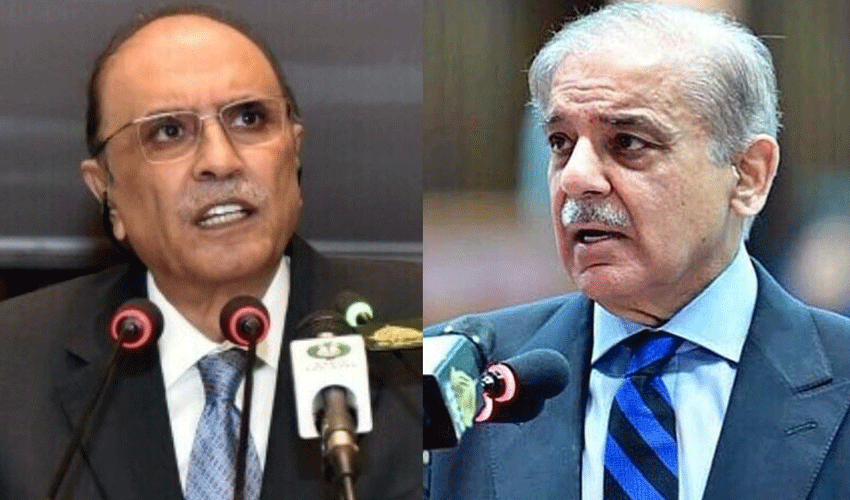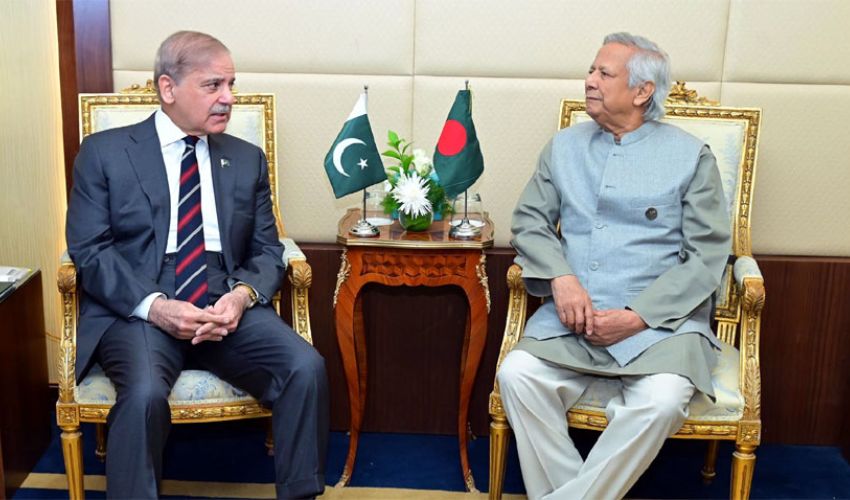As India gears up for the forthcoming elections in April 2024, the role of media has been brought into sharp focus following a revealing report by Al Jazeera.
The report sheds light on the transformation of Indian media landscape under Modi's leadership, indicating a concerning trend towards increased govt influence.
In recent years, concerns over the impartiality and independence of Indian media have escalated, with many outlets being accused of aligning themselves closely with the ruling Bharatiya Janata Party (BJP) and its leader, Narendra Modi.
Issues such as communal tensions, conflicts with Pakistan, and political clashes have dominated headlines, often at the expense of more pressing national concerns.
Read more: Modi government's assault on democracy in India exposed
Critics argue that the media's role as a watchdog has been compromised, with instances of censorship and biased reporting becoming more prevalent. Farmers, in particular, have voiced their discontent, labeling certain media outlets as "Godi Media" or lapdog media, alleging their loyalty to the government's narrative.
The decline in press freedom in India has not gone unnoticed internationally. The World Press Freedom Index of 2023 ranked India at a dismal 161 out of 180 countries, citing increasing government pressure and restrictions on journalists.
Instances of govt censorship have been reported, including the banning of news channels covering sensitive events such as the Delhi riots in 2020.
Additionally, international journalists have faced obstacles in their reporting, with some, like French journalist Vanessa Dougnac, being threatened with deportation for their coverage of restricted areas.
The Modi govt's preference for interviews with figures from the entertainment industry, rather than seasoned journalists, has raised eyebrows. Critics allege that this strategy is aimed at deflecting attention from contentious issues and portraying a softer image of the Prime Minister.
Furthermore, social media influencers and YouTubers have not been spared from govt scrutiny, with reports indicating their involvement in election campaigns and dissemination of pro-government content.





